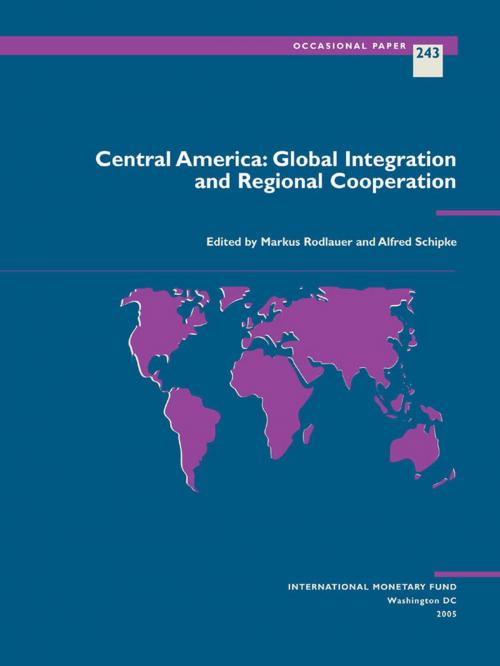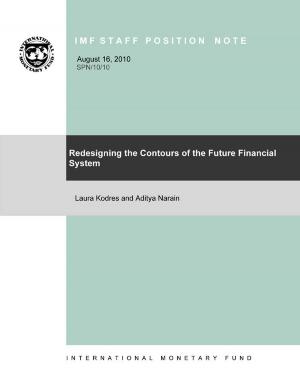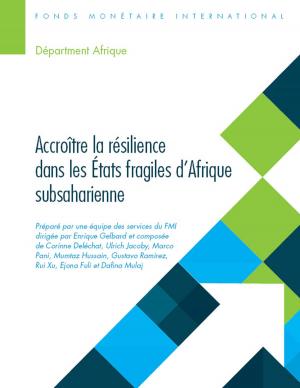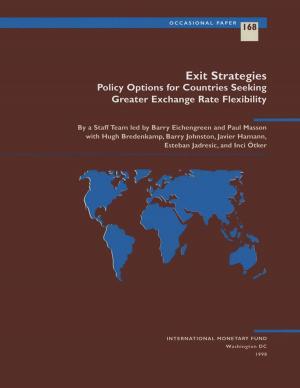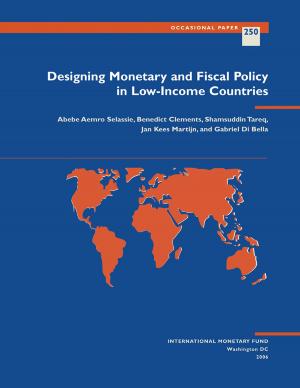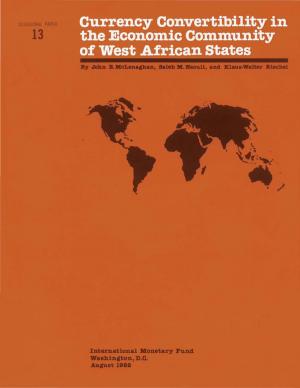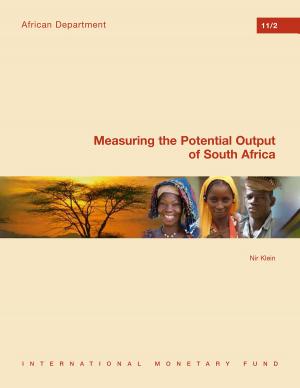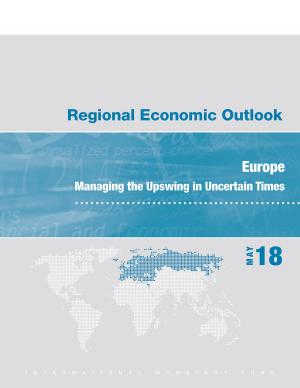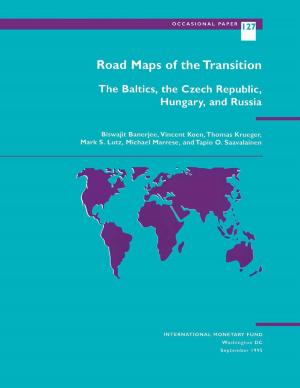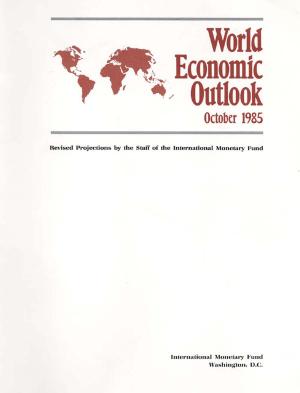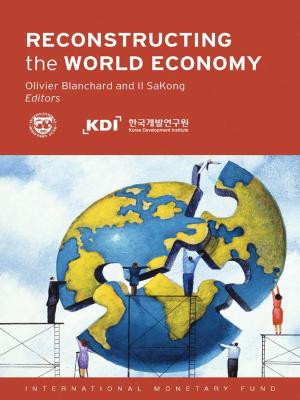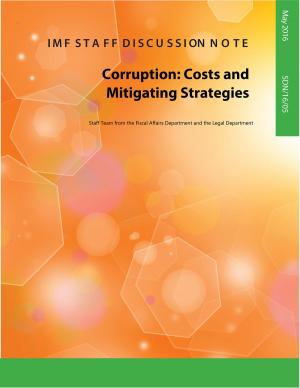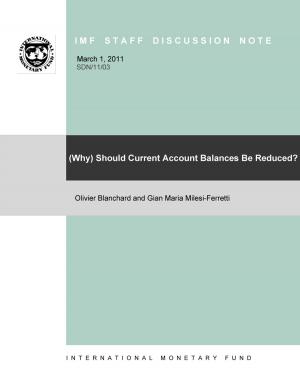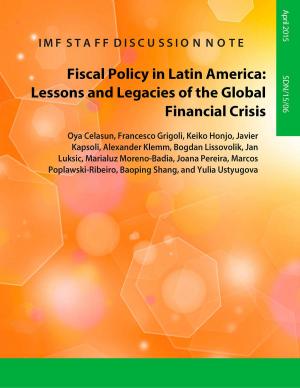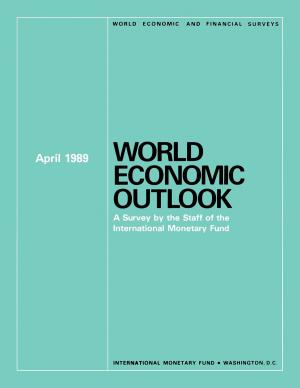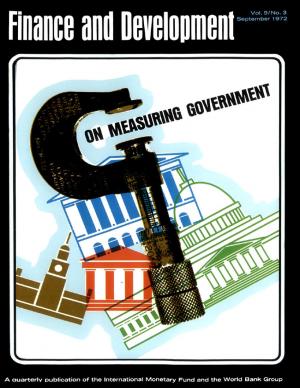Central America: Global Integration and Regional Cooperation
Business & Finance, Economics, Public Finance, Finance & Investing, Banks & Banking, Macroeconomics| Author: | Markus Mr. Rodlauer, Alfred Mr. Schipke | ISBN: | 9781452734187 |
| Publisher: | INTERNATIONAL MONETARY FUND | Publication: | July 14, 2005 |
| Imprint: | INTERNATIONAL MONETARY FUND | Language: | English |
| Author: | Markus Mr. Rodlauer, Alfred Mr. Schipke |
| ISBN: | 9781452734187 |
| Publisher: | INTERNATIONAL MONETARY FUND |
| Publication: | July 14, 2005 |
| Imprint: | INTERNATIONAL MONETARY FUND |
| Language: | English |
Central America has received growing attention as a region that is integrating successfully into the global economy. This paper examines—among other things—the macroeconomic and fiscal implications of the Free Trade Agreement with the United States (CAFTA-DR), noting that the agreement will provide a boost to the integration process. To maximize the benefits in terms of faster sustainable growth, poverty reduction, and social progress, however, the region also needs to press ahead with ambitious structural reforms to entrench macroeconomic stability and ensure an attractive environment for investment, while stepping up regional cooperation in the areas of taxes and tax administration, financial systems, and statistics.
Central America has received growing attention as a region that is integrating successfully into the global economy. This paper examines—among other things—the macroeconomic and fiscal implications of the Free Trade Agreement with the United States (CAFTA-DR), noting that the agreement will provide a boost to the integration process. To maximize the benefits in terms of faster sustainable growth, poverty reduction, and social progress, however, the region also needs to press ahead with ambitious structural reforms to entrench macroeconomic stability and ensure an attractive environment for investment, while stepping up regional cooperation in the areas of taxes and tax administration, financial systems, and statistics.
